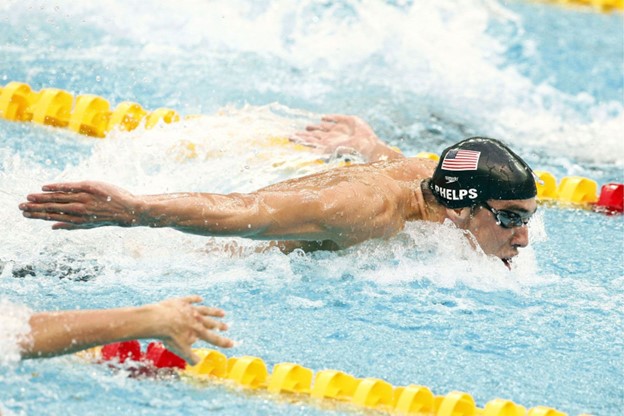A school-age child is admitted in vaso-occlusive sickle cell crisis.
The child’s care should include which intervention? (Select all that apply.)
Correction of acidosis
Adequate hydration.
Pain management.
Administration of heparin.
Correct Answer : B,C
The child’s care should include adequate hydration and pain management. The management of an acute event of a vaso-occlusive crisis is the use of potent analgesics (opioids), rehydration with normal saline or Ringer’s lactate, treatment of malaria (whether symptomatic or not) using artemisinin combination therapy, and the use of oxygen via face mask, especially for acute chest syndrome.
Choice A is wrong because correction of acidosis is not a specific intervention for the vaso- occlusive crisis.
Acidosis may occur as a complication of sickle cell disease, but it is not the primary cause of the crisis.
Choice D is wrong because the administration of heparin is not recommended for the vaso-occlusive crisis.
Heparin is an anticoagulant that may increase the risk of bleeding and does not prevent or treat the sickling process.
Normal ranges for hemoglobin are 11.5 to 15.5 g/dl for children after 2 years of age.
Normal ranges for reticulocyte count are 0.5% to 1.5% for adults and 0.5% to 2.5% for children.
Nursing Test Bank
Naxlex Comprehensive Predictor Exams
Related Questions
Correct Answer is B
Explanation
A way to establish rapport. Doing a simple magic trick using gauze is a way to gain the child’s trust and attention, and to make the dressing change less stressful and more fun. This is appropriate for a 5-year-old child who is in the stage of initiative versus guilt according to Erikson’s theory of psychosocial development.
Choice A is wrong because 5-year-old children are curious and imaginative, and they enjoy magic tricks and fantasy play.
Choice C is wrong because a simple magic trick is not too distracting, but rather a way to engage the child and reduce anxiety.
Choice D is wrong because a simple magic trick is not inappropriate due to the child’s cognitive development. According to Piaget’s theory of cognitive development, 5-year-old children are in the preoperational stage, which means they can use symbols and language to represent objects and events.
A magic trick using gauze is a symbolic representation of something else, which the child can understand and appreciate.
Correct Answer is B
Explanation

Swimming is one of the best sports for people with hemophilia because it strengthens the muscles without putting stress on the joints. Swimming is also recommended by most sports physicians and hematologists for patients with hemophilia.
Choice A is wrong because soccer is a contact sport that can cause injuries and bleeding episodes in people with hemophilia. Soccer is not recommended by most sports physicians or hematologists for patients with hemophilia.
Choice C is wrong because basketball is also a contact sport that can lead to injuries and bleeding episodes in people with hemophilia. Basketball may be safe for young children, but the risk increases with the intensity of the game.
Choice D is wrong because football is a collision sport that can cause severe injuries and bleeding episodes in people with hemophilia. Football is not recommended by most sports physicians or hematologists for patients with hemophilia.
Normal ranges for hemophilia are:
- Mild hemophilia: 5% to 40% of normal clotting factor
- Moderate hemophilia: 1% to 5% of normal clotting factor
Severe hemophilia: less than 1% of normal clotting factor
Whether you are a student looking to ace your exams or a practicing nurse seeking to enhance your expertise , our nursing education contents will empower you with the confidence and competence to make a difference in the lives of patients and become a respected leader in the healthcare field.
Visit Naxlex, invest in your future and unlock endless possibilities with our unparalleled nursing education contents today
Report Wrong Answer on the Current Question
Do you disagree with the answer? If yes, what is your expected answer? Explain.
Kindly be descriptive with the issue you are facing.
